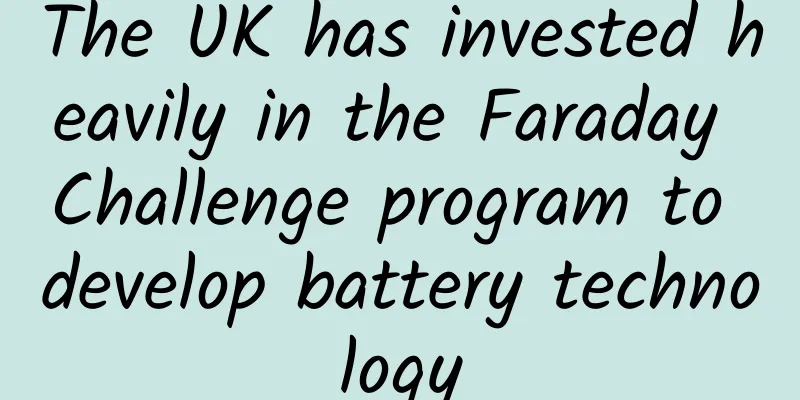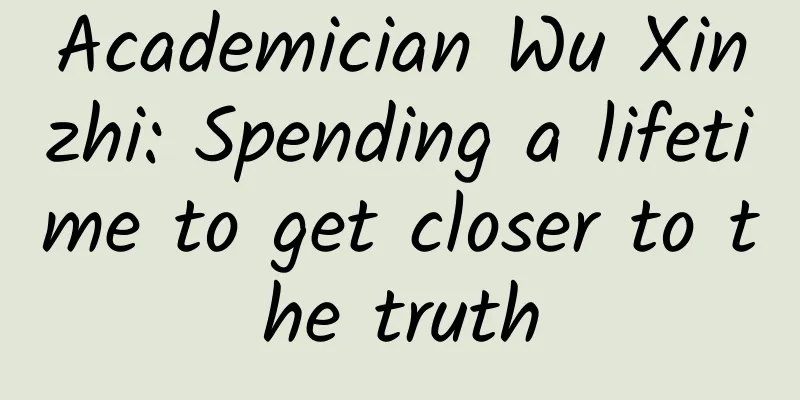The UK has invested heavily in the Faraday Challenge program to develop battery technology

|
According to foreign media reports, the British government announced a plan called "Faraday Challenge" on July 24, aiming to invest 246 million pounds (about 320 million US dollars) to enhance the country's expertise in developing battery technology. The project has received strong support from the British government. It was selected because the improvement of battery energy efficiency and renewability may lay the foundation for the UK's low-carbon economy, as batteries can be widely used in cars, aircraft, medical equipment, consumer electronics or grid storage devices, and can also be used for academic research in the UK. The UK government has invested £2.46 billion to transform the UK into a global leader in battery design, development and manufacturing. The four-year Faraday Challenge will include a competition to develop a "Battery Institute" at a cost of nearly £45 million. The Faraday Challenge is one of the six core challenge projects jointly identified by the British government, business and academia. To some extent, the plan is the British government’s positive response to a green paper released in 2017, Building our Industrial Strategy, which was supported by major companies, industry bodies and research institutions and received more than 1,900 written responses. The Faraday Challenge program consists of a series of competitions, with funding for the winners, in three main areas: research and development, innovation and scale-up. The battery institute falls into the research area. A large number of competitions will follow to promote technology development and innovation that is more closely related to the market. Subsequently, a national battery manufacturing R&D facility will be provided to support the expansion, upgrading and application of technology. As a winner of Toutiao's Qingyun Plan and Baijiahao's Bai+ Plan, the 2019 Baidu Digital Author of the Year, the Baijiahao's Most Popular Author in the Technology Field, the 2019 Sogou Technology and Culture Author, and the 2021 Baijiahao Quarterly Influential Creator, he has won many awards, including the 2013 Sohu Best Industry Media Person, the 2015 China New Media Entrepreneurship Competition Beijing Third Place, the 2015 Guangmang Experience Award, the 2015 China New Media Entrepreneurship Competition Finals Third Place, and the 2018 Baidu Dynamic Annual Powerful Celebrity. |
>>: Under market pressure, the development of mechanical hard disks may be difficult to continue
Recommend
What should the company pay attention to when applying for a 400 phone number?
With the continuous development of social economy...
Build a secure app! iOS security series: HTTPS advanced
[[149556]] This article is divided into the follo...
Can white kidney beans block carbon water and lose weight easily? Fat: Is it so easy for me to lose weight?
gossip White kidney beans can block carbon water ...
Li Xiaoyue's "Little Red Book Full-Level Short Video Training Camp" creates an exclusive IP in 30 days
Course Contents: First: Xiaohongshu Big Market Da...
Can a banana a day control blood pressure and reduce the risk of heart disease?
Bananas are a popular fruit with a sweet and smoo...
The entire process of listing on the App Store
App Store listing refers to the entire process of...
A woman fell into a coma after taking her medicine in pieces! Never take these five types of medicine in pieces, otherwise...
Recently, a piece of news like this appeared onli...
Microsoft announces that the "Astoria" Android app porting project has been officially abandoned
After months of speculation, Microsoft has finall...
What should be placed in the Wenchang position in 2020 to boost academic performance?
Wenchang position can be beneficial to academic a...
Chrysler also plans to build an SUV on the same platform as the Grand Voyager
Recently, Sergio Marchionne, CEO of Fiat Chrysler...
I heard that aspirin can prevent cardiovascular disease! It's time to get to know it again...
Author: Zhang Chengjuan, pharmacist of the Drug A...
It was very "sneaky" at night, but it came down in broad daylight...
Look carefully, it is in the picture~ During the ...
The largest pearl in the world is as heavy as a husky
The name of Tridacna is quite obscure, and is gen...
Apple Watch disappoints: battery life, apps fail
Reviewers of Apple's Apple Watch say it's...
Will WeChat and WIFI give birth to an O2O magic tool?
Free wifi has always been highly anticipated by t...









